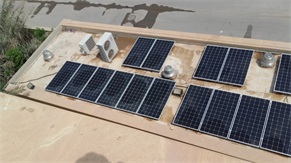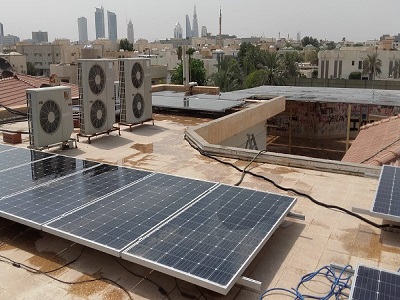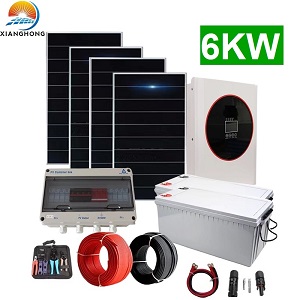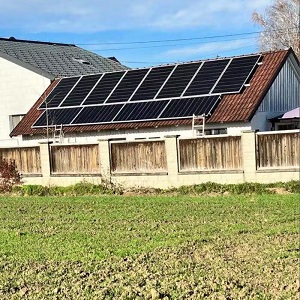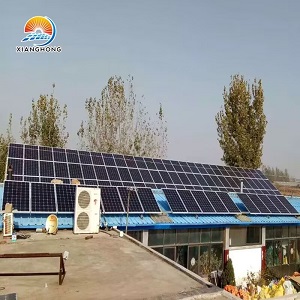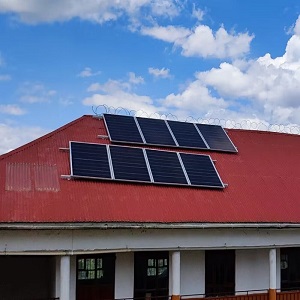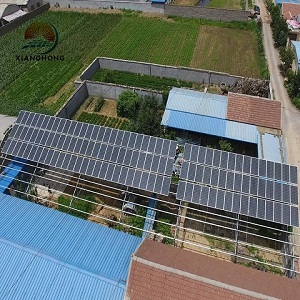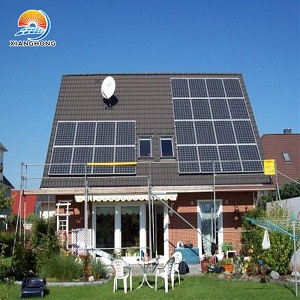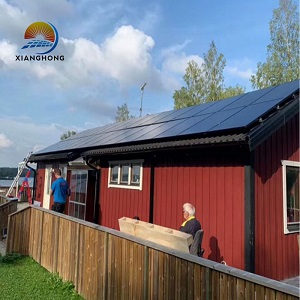Advantages and power selection of solar power generation system
 Xianghong
Xianghong  August 16,2024
August 16,2024
Solar power systems are clean, renewable, economical, long-lived, low-maintenance, flexible and scalable. Its importance in sustainable energy development and environmental protection cannot be ignored. Encouraging and promoting the use of solar power generation systems will help achieve sustainable development goals, reduce dependence on traditional energy sources, and provide reliable solutions for future energy supply.
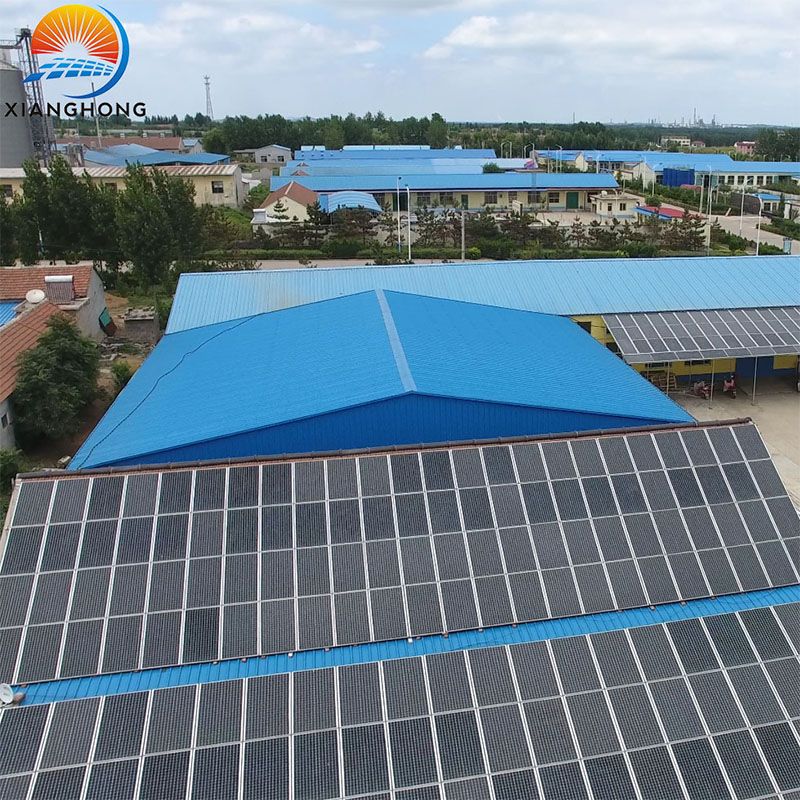
1. Clean and renewable energy:
Solar power generation systems use solar energy to convert light energy into electrical energy, which is a clean and renewable form of energy. Compared with traditional fossil fuel power generation methods, solar power generation systems do not produce harmful gases and pollutants such as carbon dioxide, and have less impact on the environment.
2. Energy independence:
Solar power systems can provide users with energy independence. Whether it is a home, business or institution, by installing a solar power system, you can reduce your dependence on the traditional grid, reduce energy costs, and guarantee power supply in the event of a power outage or emergency.
3. Economic benefits:
Solar power generation systems have considerable economic benefits. On the one hand, solar energy is free, and electricity bills can be reduced or eliminated through solar power systems. On the other hand, some countries and regions also provide subsidies and tax incentives for solar power generation, which further increases the economic return rate of solar power generation systems.
4. Long life and low maintenance cost:
Solar power systems typically have a long lifespan and are relatively inexpensive to maintain. Solar panels can last for 25 years or more, while other components such as inverters, batteries, etc. also have long lifespans. In addition, the maintenance work of the solar power generation system is mainly regular cleaning and inspection, which is relatively simple and economical.
5. Flexibility and scalability:
Solar power systems are flexible and scalable. According to the user's needs and budget, you can choose to install solar power generation systems of different scales and capacities. In addition, the components and equipment of solar power systems can be expanded and upgraded as needed to meet growing energy demands.
How to choose the right solar system power
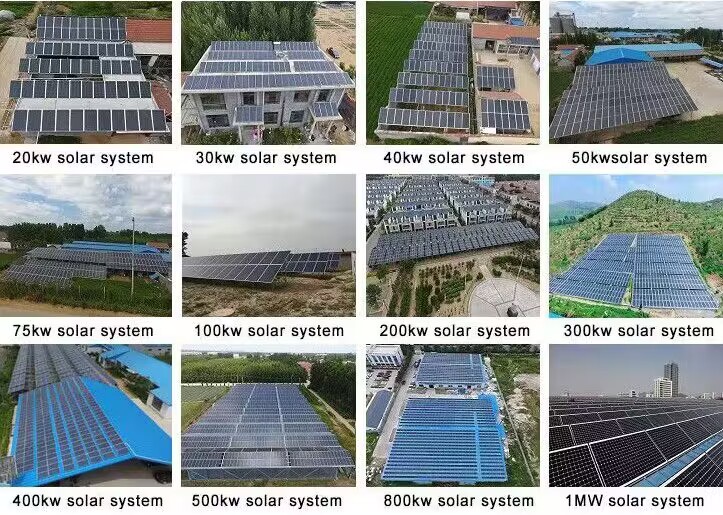
1. Power requirements:
First, you need to assess your power needs. Consider your average daily electricity usage in your home or business, including the power needs of appliances, lighting, air conditioning, and more. Based on this data, you can calculate the power required for your solar system. It is generally recommended to choose a power slightly higher than your actual needs to account for seasonal changes and unexpected conditions.
2. Installation space:
The installation space of the solar system is also one of the key factors in choosing power. Different solar system power corresponds to different number and area of solar panels. Assess the space available on your roof or site to ensure it can accommodate the required number of solar panels. If space is limited, you may want to choose more efficient solar panels or consider other installation options such as solar trackers.
3. Budget:
Budget is an important consideration in choosing the wattage for a solar system. The cost of a solar system is related to power, usually measured per watt. Depending on your budget constraints, you can determine the range of solar system power you can afford. Keep in mind that while high power systems may have a higher initial cost, they may result in greater energy savings and payback in the future.
4. Scalability:
It's also important to consider the scalability of your solar system. You may wish to increase the number of solar panels in the future to meet increasing energy demands. Therefore, when choosing the wattage of a solar system, make sure that the system has some scalability and upgradeability so that additional solar panels can be easily added.
5. Consult a professional:
Finally, it is recommended to consult a professional in the solar industry. They can provide personalized advice based on your specific needs and conditions. They can assess your power usage, installation space and budget, and help you choose the best wattage for your solar system to ensure optimal performance and return.

